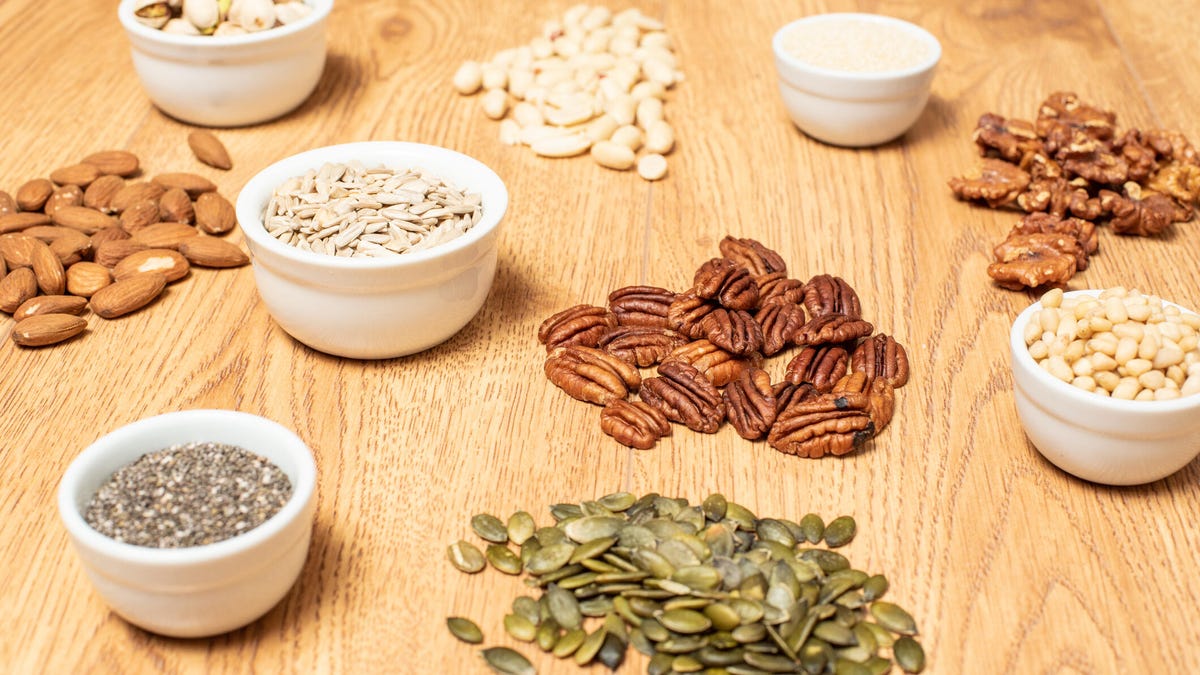
Why coffee is healthy
A hit of caffeine is a major factor behind why many people start their day with a cup of coffee – it wakes us up and boosts our alertness. This may be good for our health, says James Betts, a professor of metabolic physiology at the University of Bath.
“Caffeine might be considered ‘good’ for us if it helps you get up and get going each day,” Prof Betts notes. It can help us stay focused and alert.
On top of acting as a stimulant, coffee beans are also a source of micronutrients, such as polyphenols and other antioxidants, he notes. These have been linked to better heart health and a lower risk of Type 2 diabetes, Alzheimer’s disease and cancer.
“These substances can be beneficial to our bodies, for example by mopping up free-radicals, which are molecules involved in ageing and the deterioration of bodily tissues over time,” he explains. They can also reduce oxidative stress, an imbalance of free radicals and antioxidants which can lead to cell damage, Prof Betts notes. It is through this mechanism that coffee is thought to protect against ailments such as heart disease, Type 2 diabetes and cancer.
Coffee can also help with weight management. It can be very low in calories (an espresso or Americano can have fewer than 10) and research suggests it may also boost the body’s fat-burning capabilities.
What makes coffee unhealthy
“The main concern with modern coffee consumption are some of these drinks provide more calories than a small meal but without much wider nutritional value,” says Prof Betts. “This tends to mean those menu items that are loaded with syrups (which are high in sugar) and creams (which are high in fat), far in excess of what most people need in their diet.”
For example, a large mocha from Starbucks – made with espresso, steamed milk and cocoa – has 365 calories, which is more than a sandwich, before any syrups or cream are added. The milk we choose will also affect the calorie count, with oat milk adding up to 90 more calories than semi-skimmed, in some cases.
Additionally, while caffeine is one of the benefits of coffee, it can tip into being unhealthy if we consume too much. Health authorities generally recommend having no more than 400mg per day, as too much can lead to anxiety, heart palpitations and sleeping difficulties.
Making things tricky is that caffeine content varies dramatically between chains, even when the same drink is ordered. For example, an espresso from Starbucks contains 33.1mg of caffeine, while the same drink from Pret has over five times as much, at 180mg.
You can use our coffee calculator to see how your favourite coffee measures up.
link



:max_bytes(150000):strip_icc()/Best-Condiments-for-Better-Blood-Sugar-According-to-Dietitians-aa44e694e2324a269ad75f1518d40d2f.jpg)

